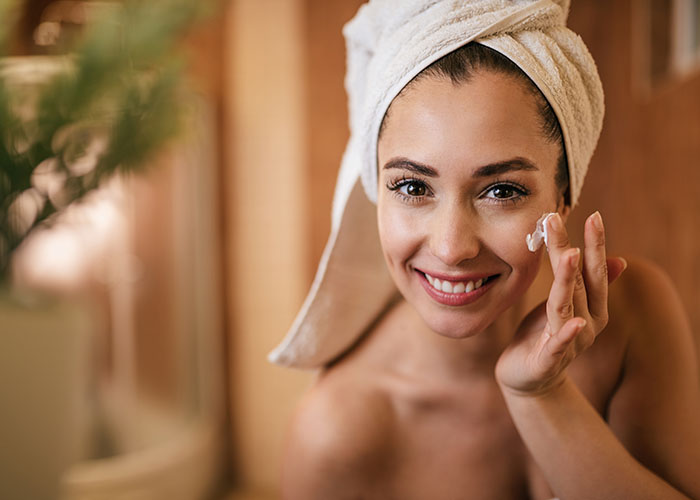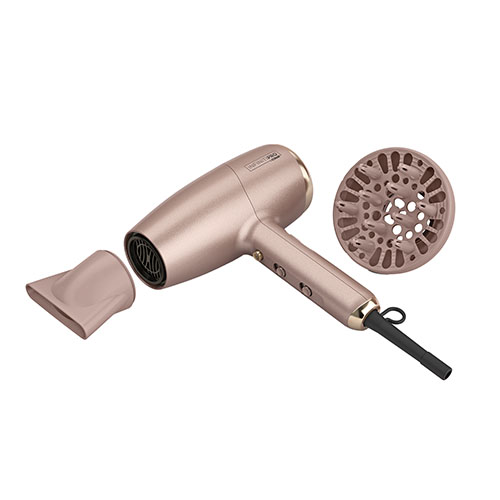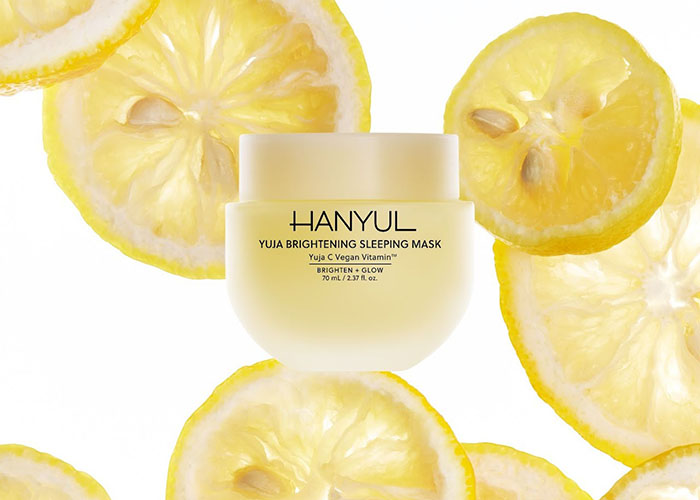When it comes to skincare, we all want that radiant, healthy glow. But with so many products and tips out there, it can be a bit overwhelming trying to figure out the best routine. The truth is, achieving glowing skin isn’t about using expensive serums or following the latest trend—it’s about nourishing your skin with the right ingredients, keeping it hydrated, and taking care of your skin barrier. Let’s dive into some simple yet effective skincare secrets that will help you glow from within!
1. Understanding Your Skin: The Key to Healthy Glow
Before we jump into the specifics, let’s first understand what makes our skin healthy. Skin is a living organ with a natural protective barrier that defends against pollution, bacteria, and dehydration. When this barrier is compromised, it can lead to dryness, irritation, and even breakouts. That’s why taking care of your skin’s health—internally and externally—is the foundation of any good skincare routine.
2. Hydration is Everything: Drink Water and Use the Right Products
Hydration is the cornerstone of healthy skin. When your skin is properly hydrated, it looks plump, smooth, and radiant. But what exactly does hydration mean, and how can you keep your skin hydrated throughout the day?
Hydrated skin means that your skin cells are well-moisturized from within, making your skin appear supple and youthful. Water is the most important factor for internal hydration, so make sure you’re drinking enough each day—aim for about eight glasses, or more if you’re physically active or live in a hot climate.
But hydration isn’t just about drinking water; you also need to top it up with the right skincare products. This is where moisturizers come in. A good moisturizer locks in hydration and keeps your skin soft and smooth. Look for products that contain ingredients like hyaluronic acid, glycerin, and aloe vera, all of which help attract and retain moisture.
3. Choose the Right Moisturizer for Your Skin Type
Not all moisturizers are created equal, so it’s important to pick one that matches your skin type. Here’s a quick guide to help you choose:
- For Dry Skin: Look for a rich, emollient moisturizer that contains ceramides, fatty acids, and oils (like jojoba or squalane). These ingredients help to restore moisture and reinforce the skin barrier.
- For Oily Skin: Opt for a lightweight, oil-free moisturizer that provides hydration without clogging pores. Gel-based formulas are great because they hydrate without feeling heavy or greasy.
- For Sensitive Skin: Choose a gentle, fragrance-free moisturizer with soothing ingredients like chamomile or calendula. Avoid anything with alcohol or artificial fragrances, which can irritate your skin.
- For Combination Skin: A balanced moisturizer that hydrates without being too heavy or light is key. Look for a formula that’s non-comedogenic and offers both hydration and skin barrier repair.
4. Exfoliation: The Secret to Smooth, Radiant Skin
Exfoliating is an important step to remove dead skin cells that can make your complexion look dull and rough. However, over-exfoliating can damage your skin and make it more sensitive, so it’s important to find the right balance.
There are two main types of exfoliants: physical (scrubs) and chemical (acids).
- Physical exfoliants use small, gritty particles to manually scrub away dead skin. While they can be effective, they can also be harsh, especially for sensitive skin.
- Chemical exfoliants like AHAs (alpha-hydroxy acids) and BHAs (beta-hydroxy acids) dissolve dead skin cells at a molecular level, offering a gentler exfoliation.
If you’re looking for smooth, radiant skin without the risk of irritation, a mild chemical exfoliant is a great choice. Start with a low concentration and gradually increase usage as your skin gets used to it.
5. Sun Protection: Never Skip SPF
One of the most important steps in any skincare routine is sunscreen. Even if you don’t see the sun, harmful UV rays can still affect your skin, causing premature aging, pigmentation, and increasing the risk of skin cancer. Sunscreen is an essential daily step, no matter your skin tone.
Look for a broad-spectrum SPF 30 or higher, and apply it every morning—even on cloudy days. If you’re wearing makeup, make sure to choose a sunscreen that’s lightweight and doesn’t interfere with your makeup. Some sunscreens even come in tinted formulas, offering added protection from visible light and blue light.
6. Skin Barrier Repair: Protecting Your Skin’s Natural Defense
Your skin barrier is the outermost layer of your skin, and it plays a vital role in protecting you from harmful environmental factors. If your barrier is compromised, it can lead to dryness, irritation, redness, and even breakouts.
To keep your skin barrier intact, focus on products like a skin barrier repair moisturizer, that nourish and protect it. Moisturizers with ceramides (which help restore the skin barrier) and fatty acids are excellent for reinforcing the skin’s natural defense. Avoid harsh exfoliants, over-cleansing, and products with strong fragrances, as these can disrupt the skin barrier.
If your skin is feeling particularly dry, tight, or irritated, consider incorporating a barrier-repairing serum or treatment into your routine. These products often contain ingredients like niacinamide or squalane, which are great for restoring balance and soothing the skin.
7. Nighttime Skincare: Repair and Restore While You Sleep
While you’re sleeping, your skin is hard at work repairing and regenerating. This is the perfect time to apply nourishing treatments that help support skin health and repair any damage caused by the day.
At night, you can use richer moisturizers or oils that may feel too heavy for daytime wear. Look for products with ingredients like retinol, peptides, or hyaluronic acid to promote skin regeneration and smoothness.
If you’re new to retinol, start with a lower concentration to avoid irritation. And always follow up with a good moisturizer to lock in hydration.
8. Lifestyle Factors for Healthy Skin
What you eat, how much you sleep, and how you manage stress all play a big role in your skin’s health. For example:
- Eat nutrient-rich foods: Include plenty of fruits and vegetables, healthy fats, and lean protein in your diet. Foods like salmon (rich in omega-3 fatty acids), avocados, and berries provide key nutrients that support skin health.
- Get enough sleep: Aim for 7-9 hours of quality sleep each night. Sleep allows your skin to repair and regenerate, giving you that rested, radiant glow.
- Manage stress: Chronic stress can trigger inflammation and breakouts, so find ways to relax and unwind. Meditation, yoga, and regular exercise can help reduce stress and support overall skin health.
9. Listen to Your Skin
The best advice for glowing, healthy skin is simple: listen to your skin. Everyone’s skin is different, so it’s important to pay attention to how it reacts to different products. If something feels irritating or uncomfortable, it’s okay to step back and try something new. Be patient with your skincare routine—it takes time to see results!
Final Thoughts: A Simple Routine for Radiance
Achieving glowing skin doesn’t have to be complicated. Focus on hydrating your skin, protecting its barrier, and incorporating products that nourish and support it. Stay consistent with your routine, and don’t forget to prioritize lifestyle factors like nutrition and stress management.
With a little bit of care, you’ll be well on your way to glowing, healthy skin that radiates from within.































